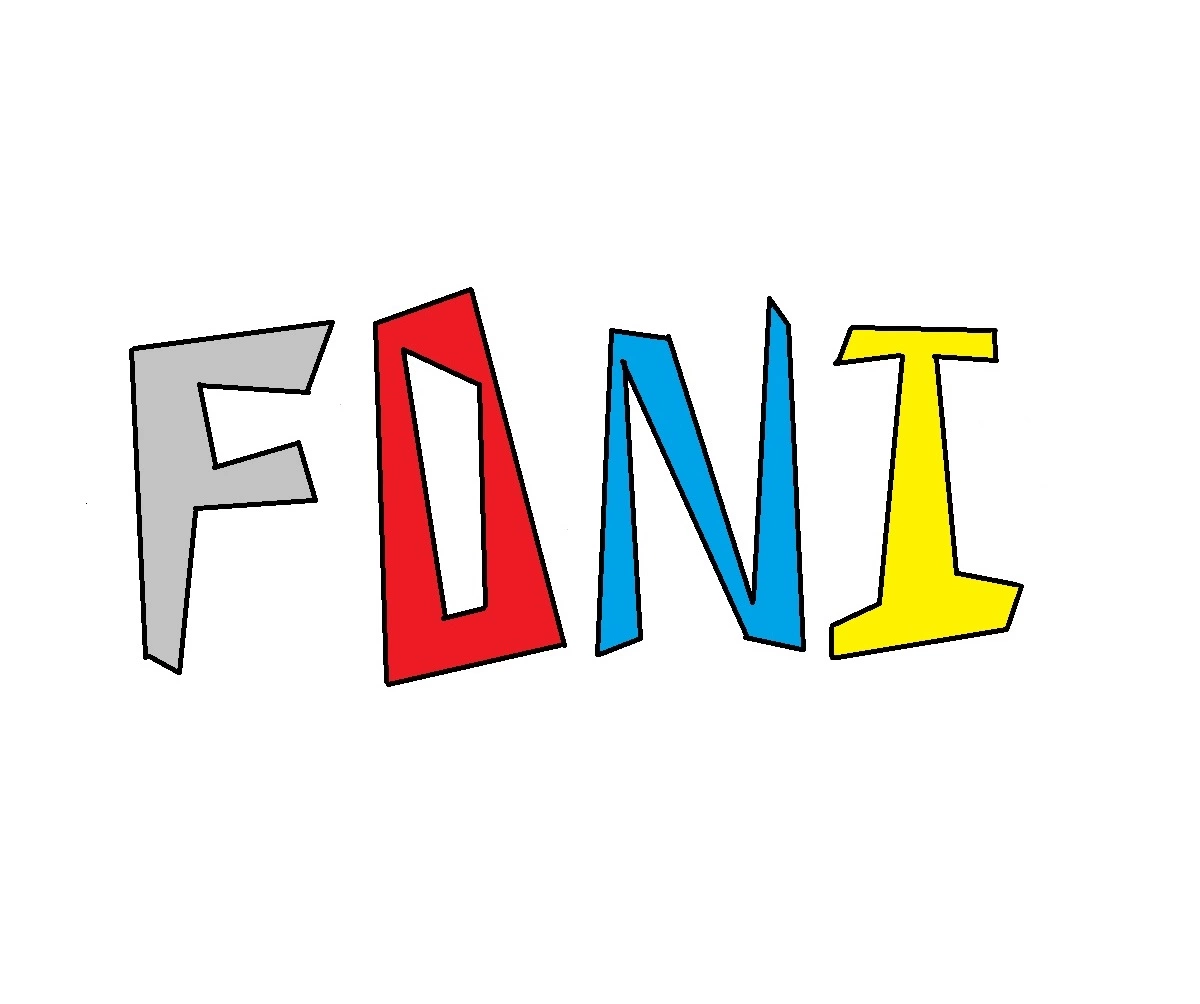I’m planning to learn Spanish from Spain and French from France.
Philadelphia English
I root for the iggles, phils, flyers, and sixers. I eat beggles with cream cheese, and in the summer I’ll get some wooder ice. I go fishing in the crick. If I fall in I’ll dry myself off with a tal, and maybe I’ll hang it on the ratty-ator to dry afterwards. I’ll warsh the mud off my boots at the spicket outside. On vacation I’ll go down the shore. If I need cash I’ll tap mac, perhaps so I can order a cheesesteak (wiz wit) or hoagie. Maybe I’ll see if my friends want to join me, and I’ll ask them "jeet? And they’ll answer “no, jew?” And at the end of the night, after a few citywides, I’ll tell them “I’ll see youse guys later”
You can also replace most of those nouns with “jawn”
My English is an odd mix, and I’ve noticed that I tend to subconsciously emulate the accent of whomever I’m speaking with. Lately it’s been mostly Texans, but as I work in an international environment I’ve been all over the place.
Not that many years ago my combination of coworkers resulted in some weird interpretations: Brits thought I was American, Americans and kiwis thought I was Canadian, and Canadians thought I was British. They all noticed something was up with my accent, but nobody was able to place it.
I speak Swedish from Finland. Similar variation as Sweden’s Eurovision entry.
Hi Linus Torvalds !
I know European Portuguese and Canadian French, but I’m not good at either.
Edit: I just remembered this youtube channel called Wikitongues. You can hear people speaking in all kinds of different languages and dialects. It’s fascinating. I found a dialect of French that sounds like Portuguese and French combined.
I speak nyc English and puerto rican spanish
Native Spanish speaker from Spain and fluent in Portuguese from Portugal
Be a rebel - learn Catalan and just try and speak it to French and Spanish speakers. The world needs more fluent Catalan speakers!
Straya’
Vegemite is pretty good m8
British English and Swiss-French French.
Southern California English. I never realized how often I used “dude”, “man”, and “like” until I spent a few years in the Midwest. Also “rad”.
Haitian Creole is the better French.
The best french will be the one that simplifies the grammar
You will speak the version that you learned. You will mostly notice regional differences in the idioms and synonyms of the words you know might be used more commonly in one region vs the other.
For example, in London you might hear people use boot instead of trunk.
But the majority of the words will be the same regardless of region.
I speak a kind of wild mix of British English and American English. Like my pronunciation is probably closer to British but I’ll also use some American terms, like “sidewalk” instead of “pavement”. I guess it could be considered a variety of Euro English.
I speak standard (German) German, with a slight dialect of my region.
I speak the following languages:
- Mixed English (mostly American-style, but I use certain words from other dialects)
- US English (likely the most intelligible accent of it)
- UK English (still working on it, but it’s quite accurate)
- Misc English (multiple accents and vocabulary ranges)
- European Portuguese (my native language, news anchor accent)
- South Alentejo Portuguese (very specific accent)
- Brazilian Portuguese (emulated accent, 80% accurate)
- Spanish (European, still work in progress)
deleted by creator









